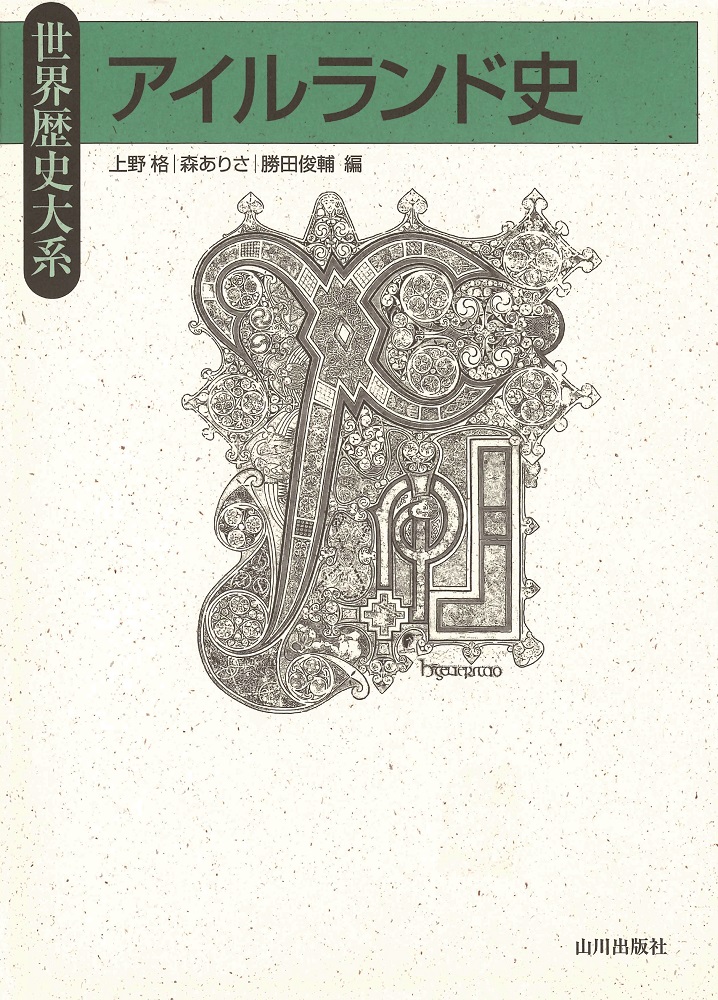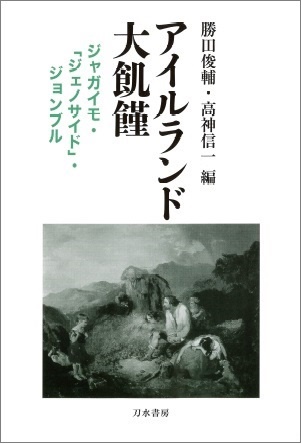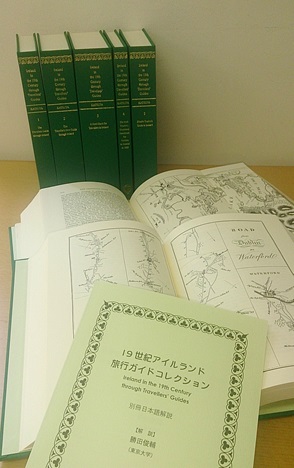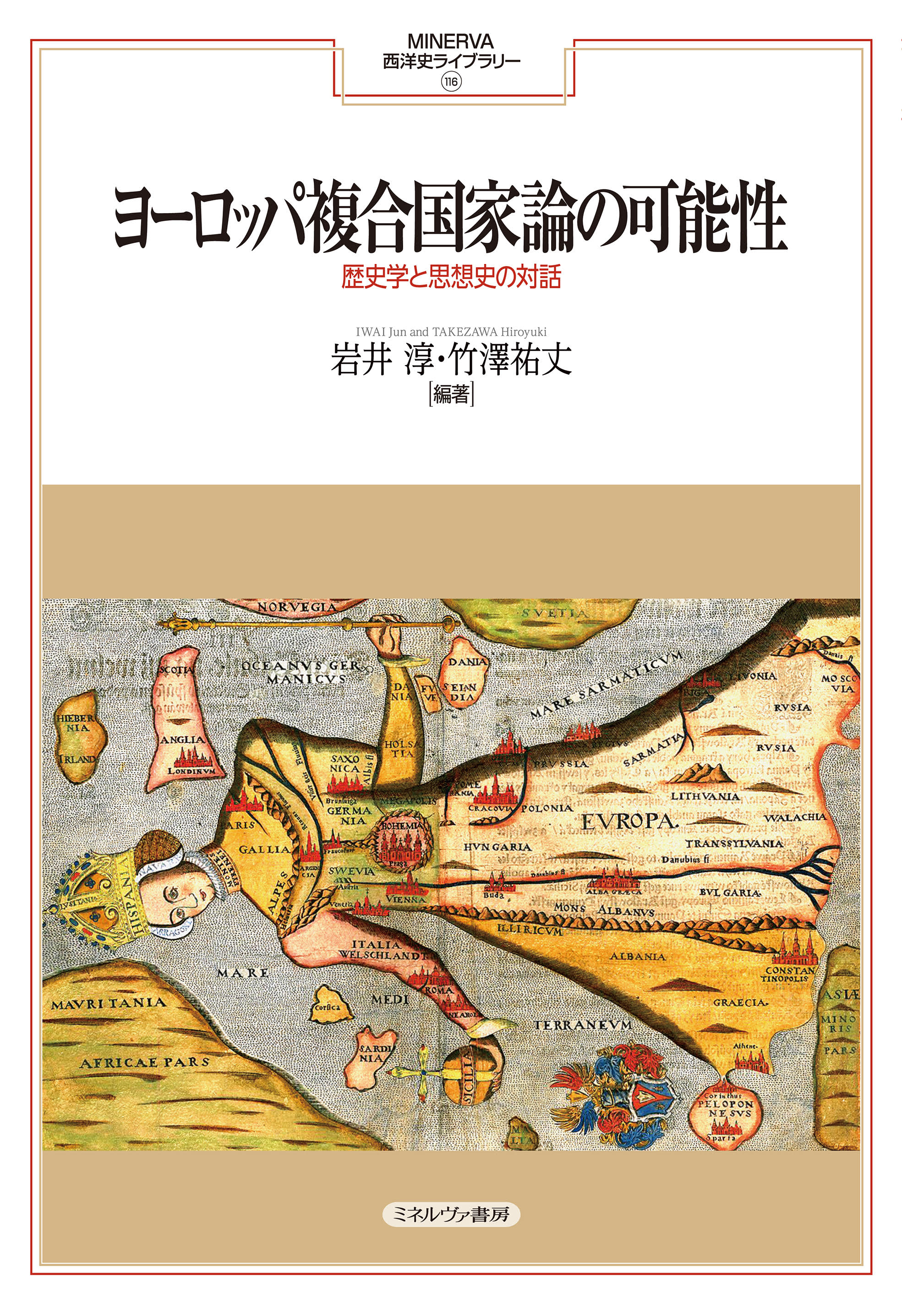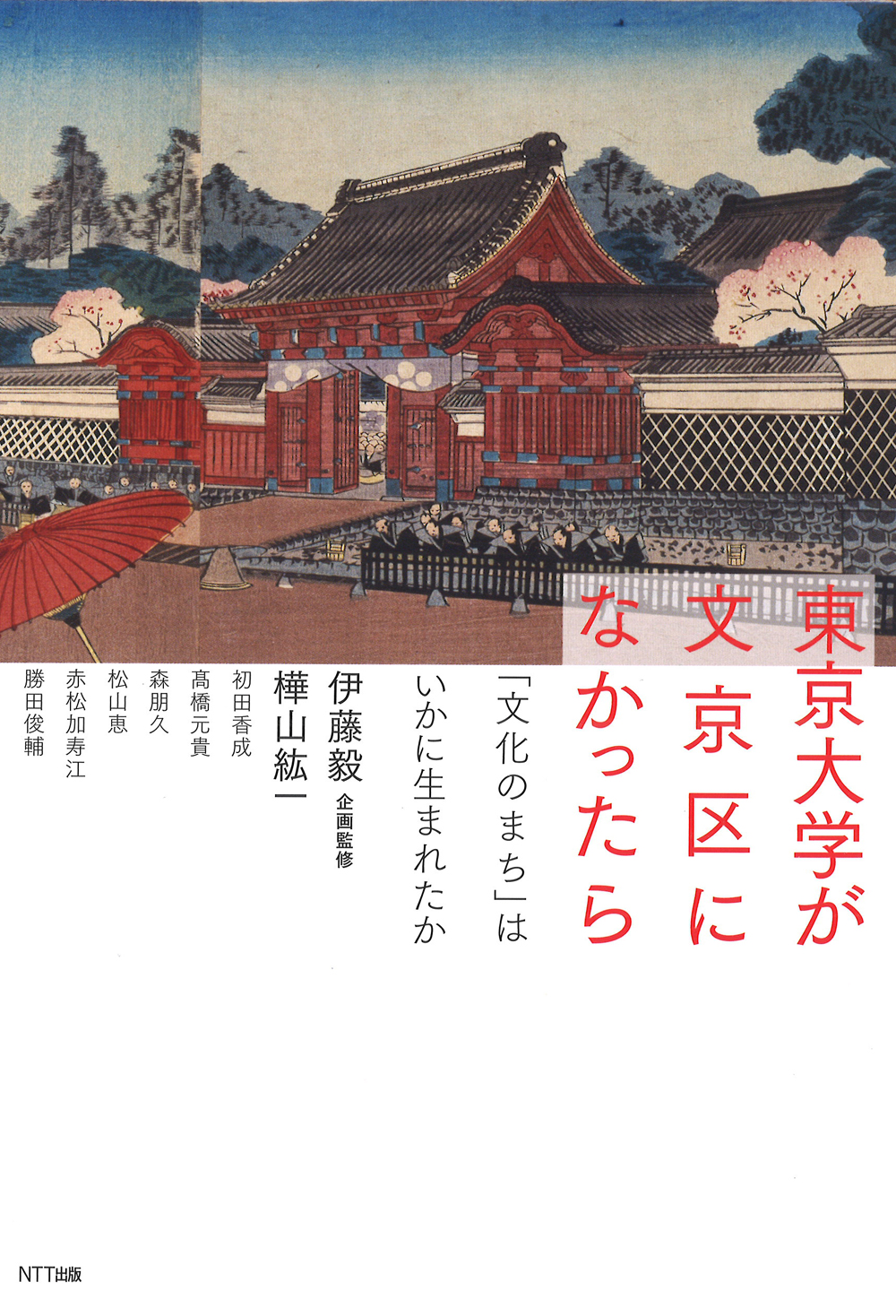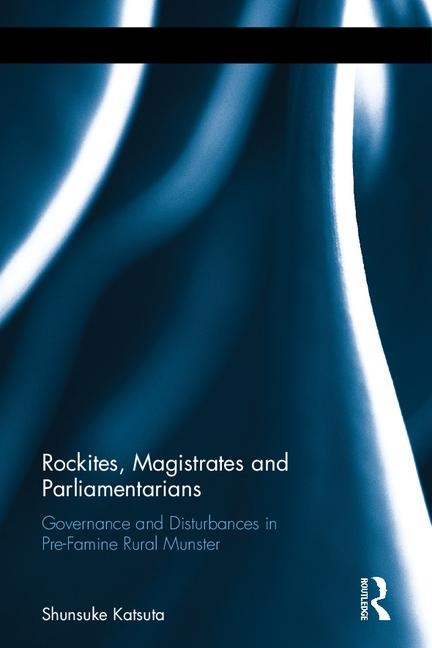
Title
Rural Worlds Rockites, magistrates and parliamentarians Governance and disturbances in pre-Famine rural Munster
Size
178 pages
Language
English
Released
August 24, 2017
ISBN
9781472478993
Published by
Routledge
Book Info
See Book Availability at Library
Japanese Page
The book will begin with a general account of the Rockite disturbances in the south of Ireland in the early 1820s. The Rockites were on the one hand agrarian activists dealing with local economic issues, on the other they were underground insurrectionaries with distinct political notions such as launching a ‘general rising to upset the established order of things’. That introductory account will be followed by a survey of historiographical background and an analysis of sources. While the book is unique in its approach of a mixture of ‘low’ and ‘high’ history, it is based on an extensive range of primary sources, some of which have never been used before.
The first chapter will analyse the agrarian activities of Cork Rockites in the context of the social and economic structure of County Cork in the early nineteenth century. Facing the agricultural depression of the early 1820s, the Rockites tried to defend the status quo of the rural society. They could use various methods of punishment, particularly arson, against those who offended their ‘law’. While the Cork Rockites decreed their ‘law’ in more than 200 threatening notices or ‘proclamations’, their law was based on the authority of ‘Captain’ and this chapter will elucidate several ‘Captains Rock’.
The second chapter will provide a detailed account of the activities of the Rockites in counties Limerick and Cork as well as their connections with a Dublin-based secret society, the Ribbonmen. Thousands of Rockites fought with the military in Cork, which was the most violent episode of the Irish history of the whole 1820s. In the underground organisation of the Rockites, ‘committees’ brought into by the Ribbonmen became the basic unit, and ‘committee men’ had bigger authority than ‘Captains’ among the Rockites. The Rockite committees in Cork began collecting money and manufacturing pikes for the purpose of launching ‘the general rising’.
The third chapter will describe various aspects of the Rockites’ political notions and contextualise them in the local and national politics of the day. The Rockites were unique among the Irish disturbers in their strong millenarian beliefs which enabled them to have such wild schemes as launching a general rising. However, stressing the millenarian aspect too much is misleading. Rockites’ political notions did not originate in the millenarian prophecy to which great importance has been attached by historians. While Rockites used phrases tinged with Jacobitism, they also appealed to the memory of the 1790s, styling themselves as the descendants of the United Irishmen, the republican revolutionaries who had launched a large scale rebellion. In addition, such national issues as the Catholic question and its O’Connellite politics also influenced Rockite thinking.
The fourth chapter will show the response of the authorities to the Rockite disturbances. A strong and centralised police force was established throughout Ireland for the first time. In addition, the government revised the magistracy and introduced new courts of law. Thus the Rockites became an important factor in the process of the transformation of local government in rural Ireland, now moving in the direction of an interventionist state and centralised control over local agencies. At the same time, the chapter will also place the Rockite disturbances in the context of the political structure of the UK by showing how the Irish question played a role in the parliamentary politics of the early nineteenth-century UK.
The conclusion will briefly show the aftermath of the Rockite disturbances. Although the conventional understanding has been that the Rockite disturbances were suppressed by the authorities and superseded by O’Connell’s constitutional mass movement, the chapter will argue that the world of the Rockites did not disappear in County Cork and that O’Connell himself was styled by the Rockites as their defender and leader.
(Written by KATSUTA Shunsuke, Professor, Graduate School of Humanities and Sociology / 2019)
Table of Contents
1. Rockites as Agrarian Disturbers
2. Rockite Organisation and Activities
3. The Political World of the Rockites
4. Rockites and the Government
Conclusion: The Rockites in Context



 Find a book
Find a book


